MAITUM, Sarangani (December 6, 2007) – Barangay New La Union caught national attention in 2002 when its residents and barangay council exposed illegal logging in its watershed.
The fiasco started with a community-based forest management (CBFM) project that encroached into New La Union's watershed area, the source of two springs.
The smaller spring supplies water to barangays New La Union, Wali, Pangi and Kiambing. The bigger spring is intended for poblacion and neighboring barangays, and some Kiamba barangays. The bigger spring is capable of discharging 20 liters of water per second.
The New La Union watershed also supplies water for irrigation.
On October 11, 2002, a government team found 100 cut trees by CBFM-holder Zion Farmers Multi-purpose Cooperative (ZIFAMULCO) in sitio Datal Ibang of New La Union.
Then barangay captain Edgardo del Rosario disclosed that aside from the 100 trees, ZIFAMULCO had cut more or less 241 trees at an area "encroaching New La Union."
Del Rosario asserted that New La Union was just protecting its forest which sustains the watershed.
Reporters who visited New La Union on October 12, 2002 saw freshly cut trees falling on forest vegetation. Some fallen trees were hanging up the branches of standing trees.
Logs were piled by the roadside. Down the road, a bulldozer was cutting the mountainside, pushing topsoil down the ridge. The bulldozer crew was armed. Logs were being pushed down the cliff, destroying vegetation in their path.
Those atrocities were reported to then Secretary Elisea Gozun of Department of Environment and Natural Resources (DENR).
In an urgent move to combat illegal logging in the country with the abusive use of Resource Use Permits (RUPs) – licenses issued by the government to allow the cutting of trees – Secretary Gozun suspended in January 2003 all RUPs, new or old.
RUPs are permits allowing the cutting of trees in areas covered by the DENR's CBFM Agreements, which sought to restructure the once Timber License Agreement (TLA)-controlled timber industry. The CBFM was created in 1995 by then President Fidel V. Ramos as the "national strategy for sustainable forestry and social equity" to address rural-upland poverty, inequity and forest depletion, based on the concept of "People first and sustainable forestry will follow." (SARANGANI INFORMATION OFFICE)
Subscribe to:
Post Comments (Atom)

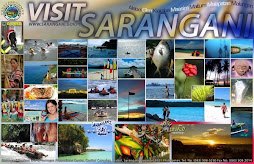


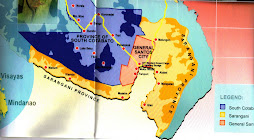

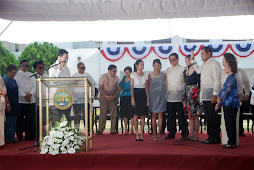
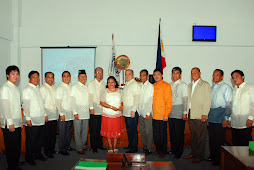

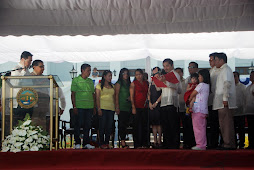
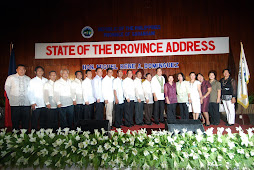
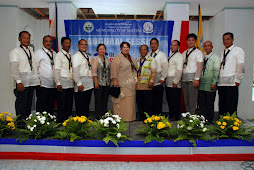
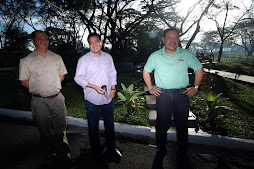



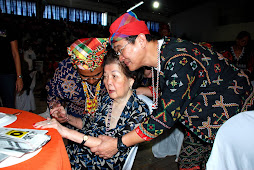


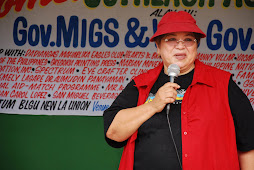
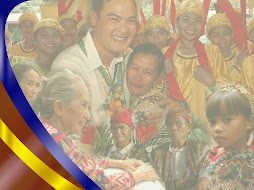
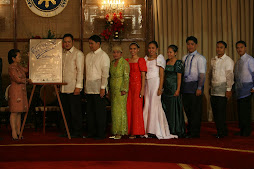
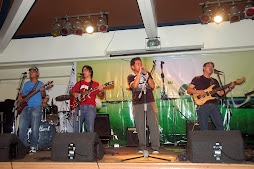




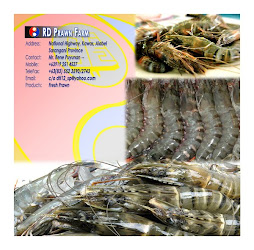




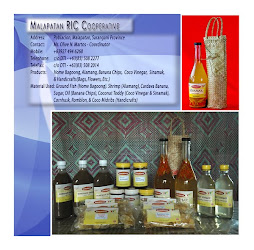

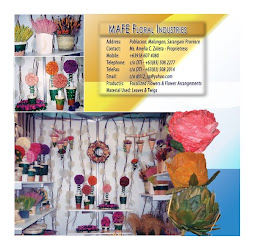
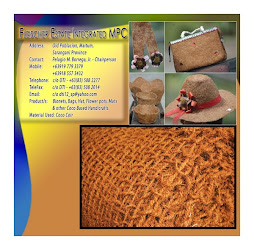

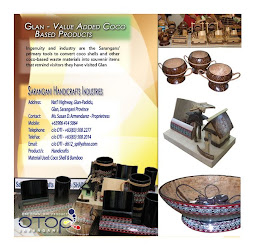

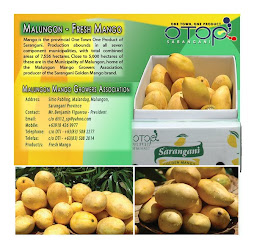
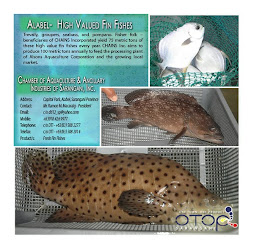


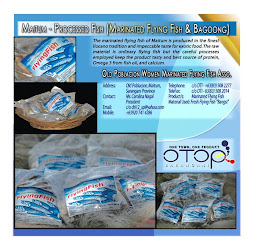

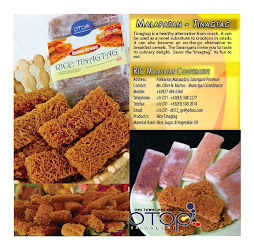

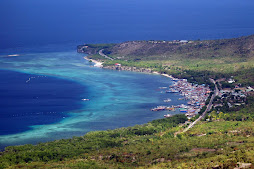
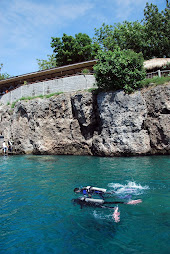
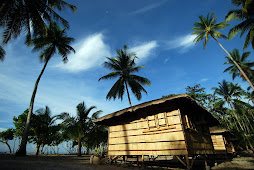


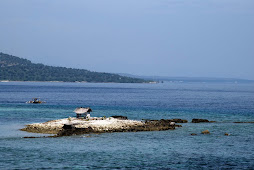
No comments:
Post a Comment